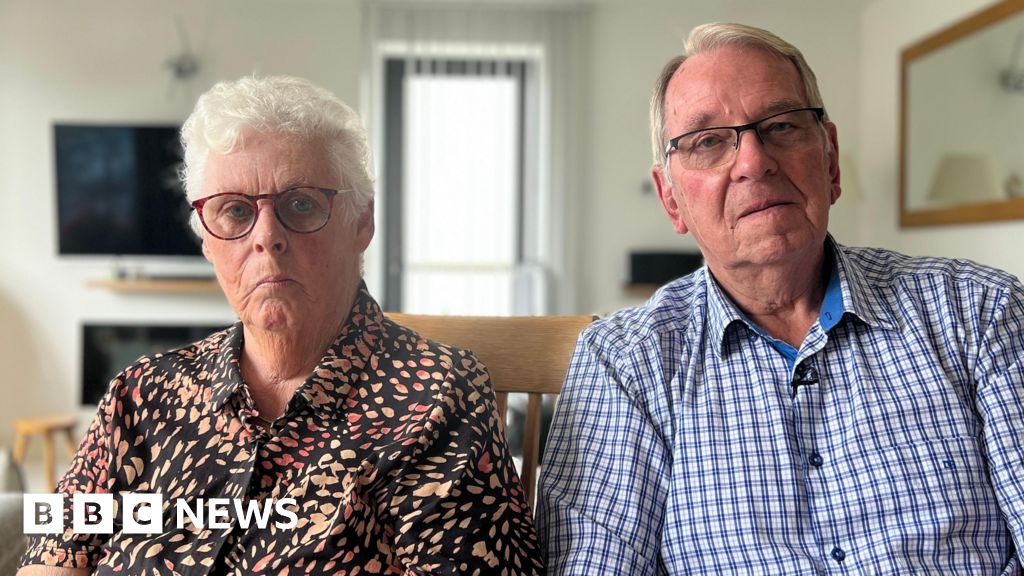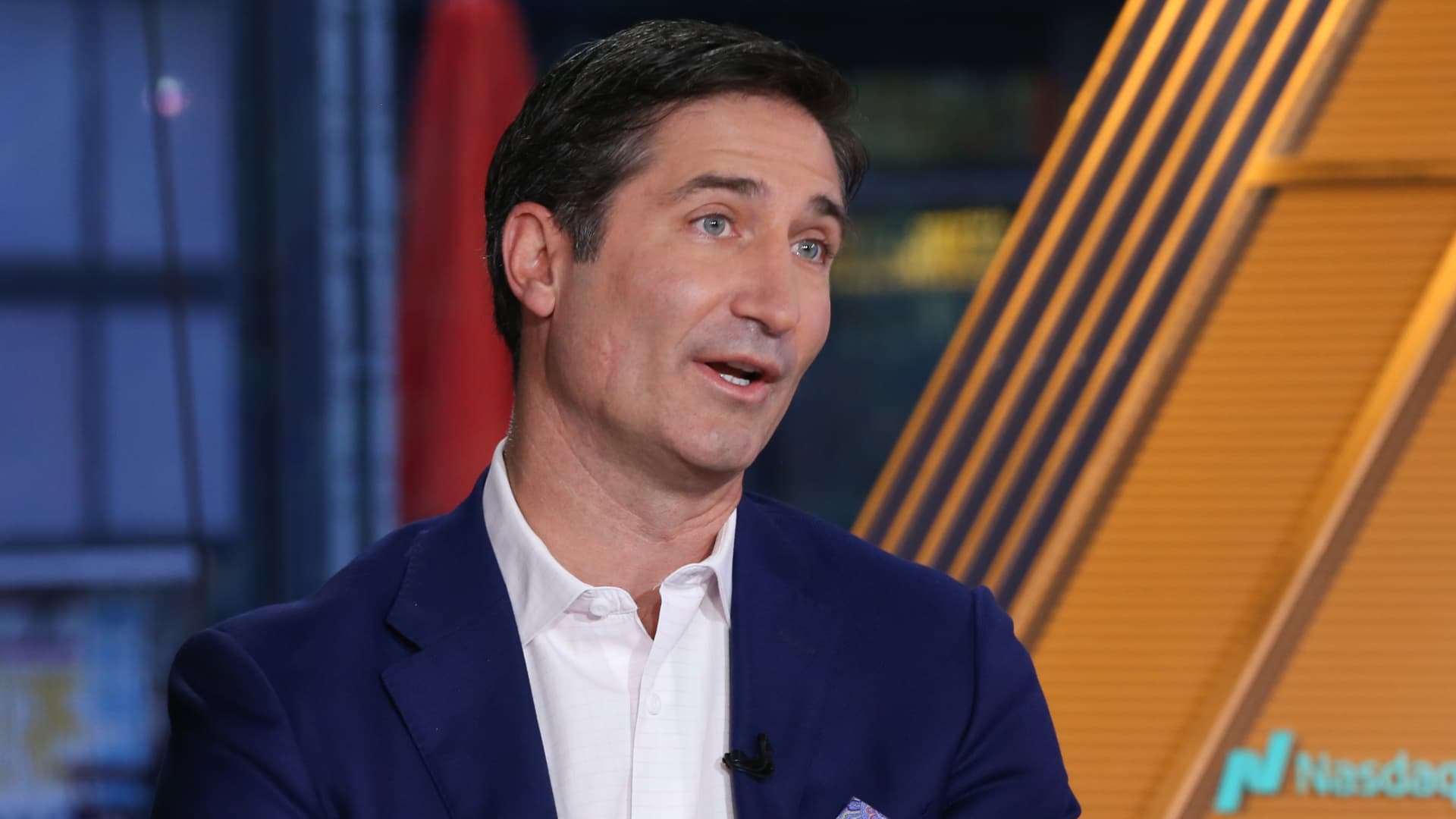Copyright bbc

In 2023-24, there were an estimated 4.83 million leasehold homes in England, according to government data. A leasehold is where homeowners do not own the land their property is built on but instead lease it from a landlord for as many as 999 years. In other situations leaseholders can own a share of the freehold. Most leaseholders pay fees to freeholders or their managing agents for things like building insurance and maintenance. Leaseholders have been calling for reform to the system which has been described as "inherently unfair", for years. Common concerns include high services charges, unscrupulous freeholders and the lack of regulation for managing agents. Successive governments have promised to act, with Labour vowing to abolish leasehold altogether by the end of the Parliament and bring in a commonhold model. It also wants to regulate ground rents. A Managing Agents Regulation Bill was introduced in Parliament in July, which would include mandatory professional qualifications for managing agents among other measures. Campaigners welcomed the news but warned it may come too late to help current leaseholders. Meanwhile reforms brought in by the previous government have yet to be fully enacted. Katie Kendrick, from the National Leasehold Campaign – which works to increase the regulation of property agents to protect leaseholders, said these types of problems had a huge impact on people's mental and physical health and many had no faith in the legal system to protect them. "Every single day that passes, there's another bill that lands on somebody's doorstep, another person that is living or trapped in an absolute nightmare," she said. "Governments previous and current say all of the right things, and I welcome everything that they say, but actually that's meaningless unless it's felt amongst leaseholders. "And is it being felt? It's absolutely not being felt, and that needs to change."



